St. Vincent de Paul Charitable Pharmacy offers article regarding impact of a charitable pharmacy on their community and patients.
Related Posts

Using Public Health Detailing to Increase Access and Confidence in COVID-19 Vaccines and Reinvest in Disproportionately Impacted NYC Communities Go…

The five most recent states to expand the scope of reimbursement for pharmacists are Maryland, Missouri, North Dakota, Virginia and Wyoming
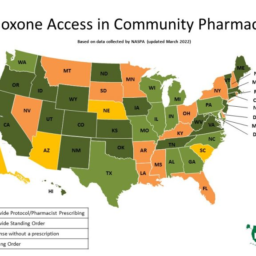
In 2011, the opioid crisis reached astounding levels with over 21,000 deaths adding to the urgency of providing aid to those who most need it
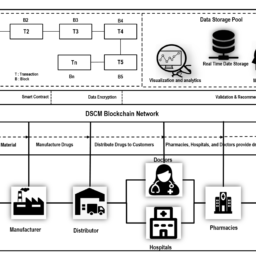
FDA approves 1 Year delay of Track & Trace requirements
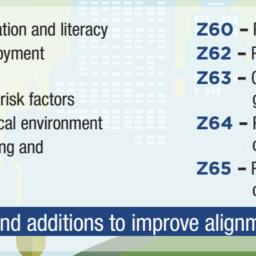
Charitable Pharmacies of America organization member receives Health Equity grant
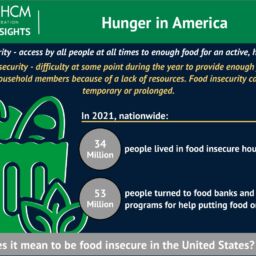
More than 34 million people in the United States were living in food insecure households in 2021, a decline from 38 million in 2020. The combination of the expanded child tax credit, Supplemental Nutrition Assistance Program benefits, and private donations all contributed to reducing food insecurity during the pandemic. Still there is much more work to be done, with food costs spiking 11.4%, the largest annual increase since 1979, inflation factors could easily cause food insecurity to grow.
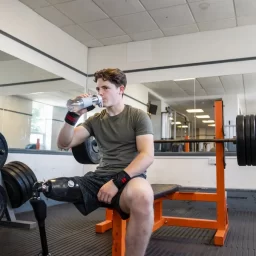
The COVID-19 pandemic forced discussions about social determinants of health (SDOH) back into the forefront of healthcare discussions. Knowing that 80% of a person’s health outcomes are impacted by these external factors – economic, social, community, education, and more – we, as industry leaders, must shift these discussions about SDOH implementation from a lofty goal into a reality. How do we get there?
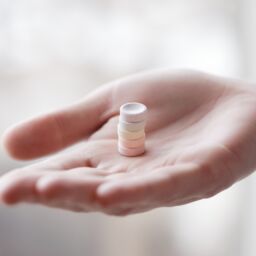
Implications for Patients
Once the continuous enrollment ends, it is estimated between 5 -14 million individuals will be affected
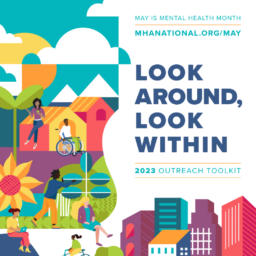
This toolkit, comprised of fact sheets, worksheets, sample communications materials, and sample social media is designed to help aid how you support your own mental health journey, along with your community’s.
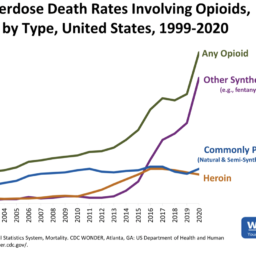
Patients taking opioid dosages at or above 50 MME/day are twice as likely to overdose compared to those taking 20 MME/day, and the risk further increases as the MME/day increases.
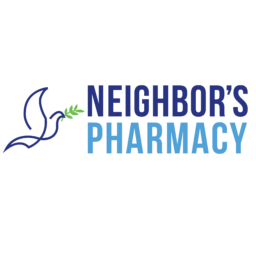
Branson MO: My Neighbor’s Charitable Pharmacy (NCP) will open its doors at 1232 Branson Hills Parkway February of 2023

Starting Sept. 25, Americans can again order free COVID-19 tests through the federal government.

Good Pill will provide direct access to hundreds of life-saving medications and save families $150+/month on healthcare cost
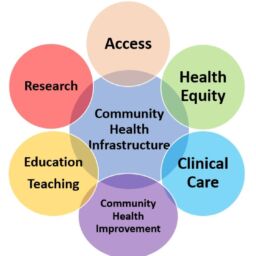
An opportunity for charitable pharmacies to collaborate with oncology practices for non-oncology medications during and after treatment.
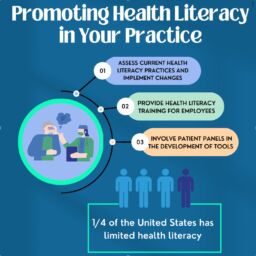
Around one fourth of the United States population does not have adequate health literacy.
Health literacy is defined as the ability to obtain, read, understand, and apply healthcare
information

